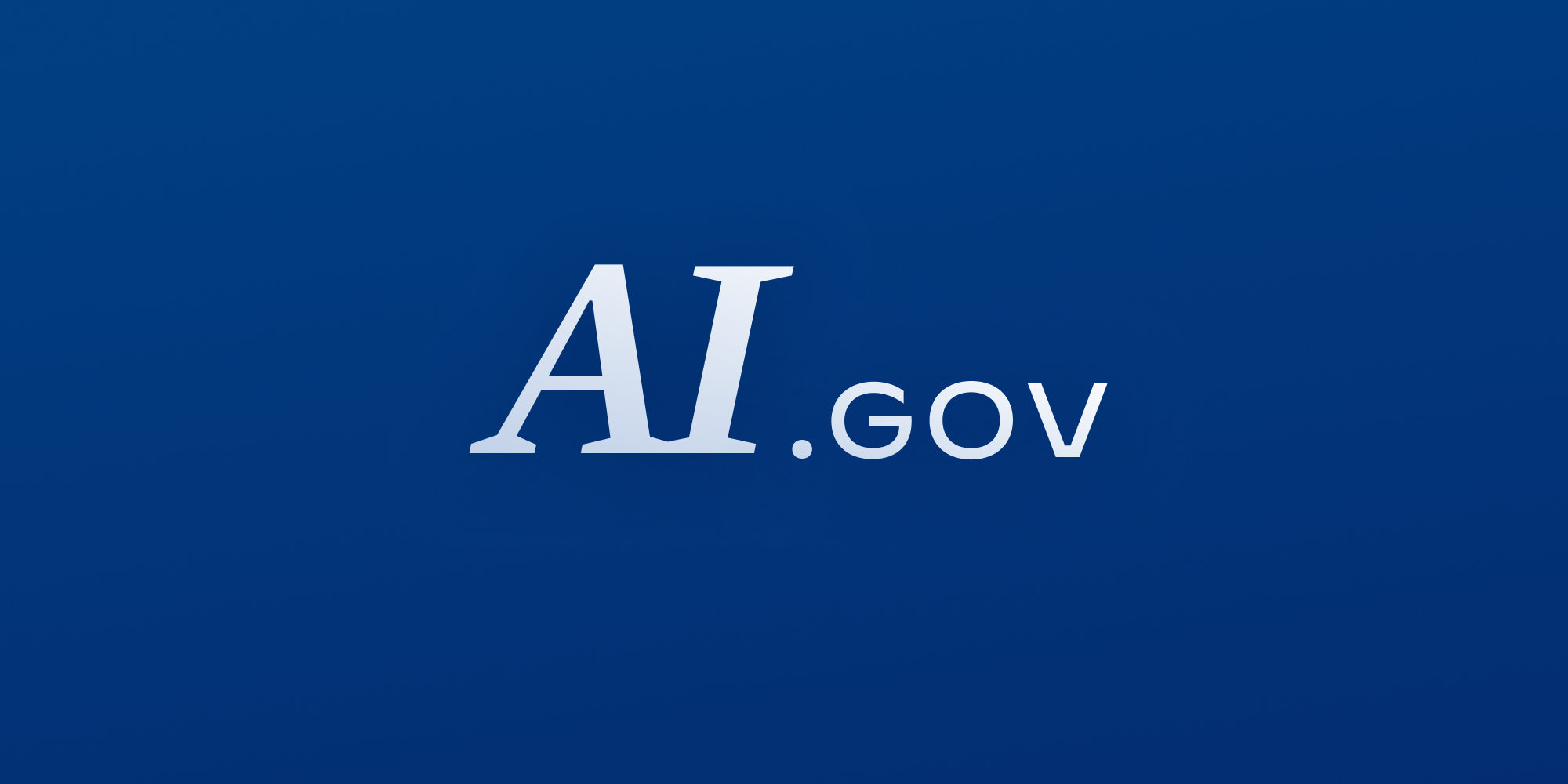

Unter Datenschutz verstehe ich das, was in der DSGVO/GDPR geregelt ist.
Man könnte die alle unter ein Recht auf geschützte Kommunikation und ein Recht auf Hoheit über die persönlichen Daten zusammenfassen.
Das sind aber wieder 2 Sachen. Man kann gut argumentieren, dass die Metadaten mit dem Inhalt der Kommunikation geschützt werden müssen. Hoheit über diese Daten impliziert eine Art Besitzanspruch. Nach der Logik dürfen deine Freunde anderen nicht sagen, dass du ihr Freund bist oder was ihr zusammen macht. Wenn du es verlangst, müssten sie diese Information löschen. Klar, für diese privaten Angelegenheiten gibt es Ausnahmen in den Datenschutzgesetzen, aber eben Ausnahmen. Eigentlich wäre es so.











Ich hab ein bisschen nachgedacht, wie man sowas wohl umsetzen könnte. Sagt mir falls ich was übersehen habe.
Mit der Chatkontrolle soll der Tausch von Bildern/Videos/etc aufgedeckt werden, sowie “Grooming” (Kontaktaufnahme mit dem Ziel Missbrauch zu begehen). Es wird zwar immer über Kinder geredet, aber gemeint sind alle Menschen unter 18 Jahren. Die Definition von “Kinderpornografie” ist extrem weitreichend. Die Originalfassung von Die Blechtrommel müsste jetzt eigentlich auch verboten sein. Muss ich mal nachschlagen.
In Deutschland gibt es noch ein bisschen eine Ausnahme für “Sexting”. Aber wenn Nudes irgendwie in der Klasse umgehen, oder in Internetforen landen, ist das sofort strafbar. Das heißt, alle Flirt- und Ficknachrichten, alle Nacktselfies, von/mit Minderjährigen sind erstmal verdächtig.
Die Behörden müssen eigentlich bei jedem Verdachtsfall erstmal das Alter und die Hintergründe klären. Das ist logistisch herausfordernd.
Man müsste es so machen: Alle Minderjährigen (oder so Aussehenden), die durch Sexting auffallen, kommen in eine biometrische Datenbank. Die Besitzer von Handys und ihr Alter sind den Behörden bekannt. Solange also eine Beziehung hält, kann man neues Material, das da hin und hergeschickt wird, ignorieren. Wenn man erst so eine Datenbank hat, von allen online-sexuell Aktiven, dann kann man sich auf ungewöhnliche Muster konzentrieren. Man muss natürlich nachwachsende Pubertierende eintragen. Wahrscheinlich wäre es am einfachsten, wenn man die biometrischen Daten schon von vornherein sammelt, zB bei Schulfotos oder schulärztlichen Untersuchungen.
Ich glaube, es geht nicht mit weniger Aufwand. Oder hat irgendjemand eine Idee?